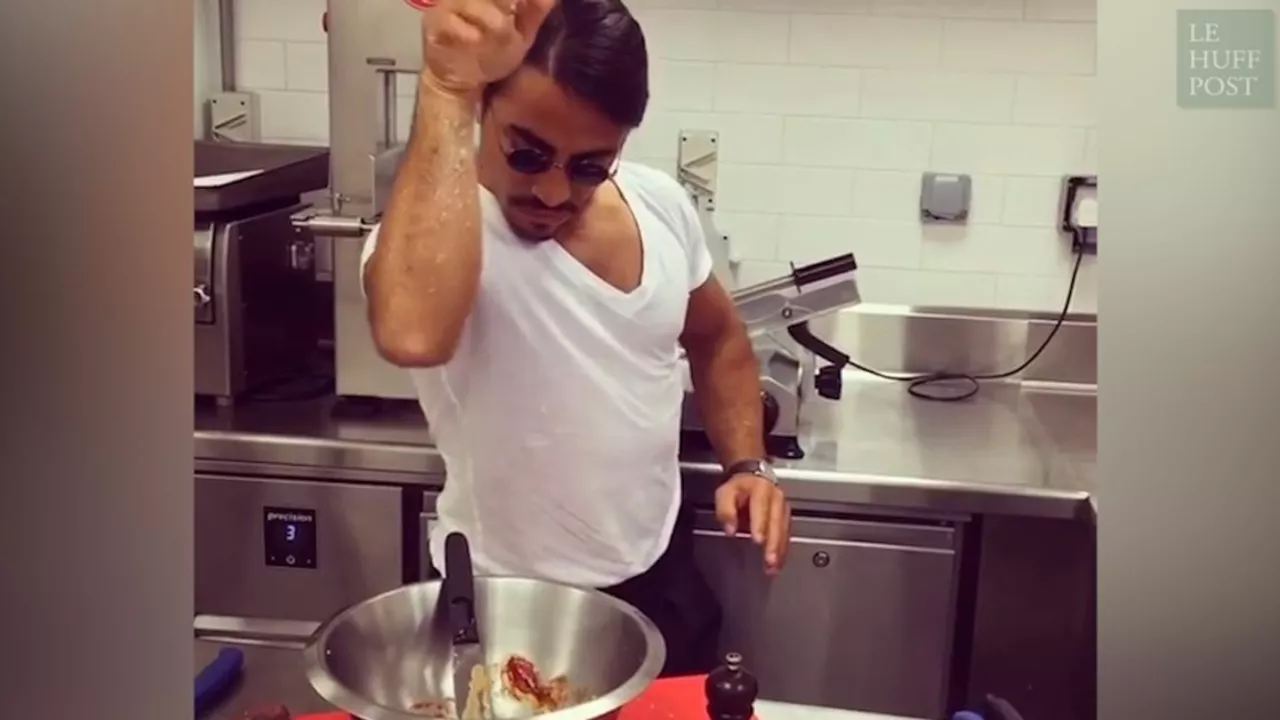The Incident: The Story Behind the Midday Meal Video
The incident that sparked off the controversy was a video taken by a journalist in a government school in Uttar Pradesh, India. The video showed children at the school being served just roti (bread) and salt as their midday meal. The government-sponsored midday meal scheme is intended to provide nutritious food to schoolchildren and is also designed to encourage attendance. However, this video exposed a grim reality that was far from the government's intentions.
The journalist, Pawan Jaiswal, took the video during a surprise visit to the school. He found children sitting on the floor, eating their 'meal' of roti and salt. The video quickly went viral, causing public outrage and leading to an investigation into the matter. However, instead of the authorities taking action against those responsible for the inadequate meal, they booked Jaiswal for criminal conspiracy and spreading false information.
The Aftermath: Journalist Faces Charges
Following the controversy, the local administration filed a case against Jaiswal. They accused him of conspiring to defame the government and spreading false information. The charges were severe, including sections related to criminal conspiracy. The move by the administration sparked a nationwide debate on freedom of the press and the treatment of whistleblowers in India.
Many came forward to support Jaiswal, condemning the government's actions. Several journalist associations and civil society organizations protested against the administration's decision, calling it an attempt to muzzle the press. The incident not only highlighted the plight of the children but also underscored the challenges faced by journalists in the country.
Support for the Journalist
In the wake of the charges against Jaiswal, there was a massive outpouring of support from different quarters. Journalists across the country rallied in support of their colleague, pointing out the importance of the freedom of the press in a democratic society.
Several social media campaigns were initiated, demanding justice for Jaiswal and asking for the charges to be dropped. Many prominent personalities, including politicians and celebrities, came forward to support Jaiswal. They criticized the administration's response and called for more transparency in the operation of the midday meal scheme.
The Verdict: A Clean Chit for the Journalist
Months after the incident, there was finally some good news for Jaiswal. The state government decided to drop the charges against him, effectively giving him a clean chit. The decision came after a thorough investigation into the matter, proving that Jaiswal had not conspired to defame the government but had merely reported the truth.
This was a significant victory not just for Jaiswal but for all journalists in the country. It reinforced the importance of press freedom and vindicated those who had stood by Jaiswal during the ordeal. It also served as a reminder that truth cannot be suppressed, no matter how inconvenient it may be for those in power.
Lessons Learned: A Wake-up Call for the Government
The whole incident was a wake-up call for the government. It highlighted the shortcomings in the implementation of the midday meal scheme and raised questions about the government's commitment to providing quality education and nutrition to the children of the country.
More importantly, it underscored the need for transparency and accountability in the administration. The government's initial response to the video was seen by many as an attempt to cover up the issue rather than address it. However, the subsequent dropping of charges against Jaiswal and the public outcry that followed served as a reminder that the truth cannot be suppressed.
